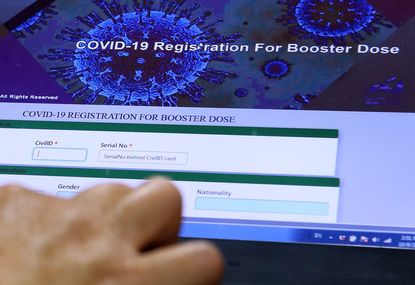Delta variant
-
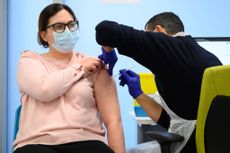
California and New Mexico join Colorado, open COVID-19 booster shots to all adults
Speed Read
By Peter Weber, The Week US Published
Speed Read -
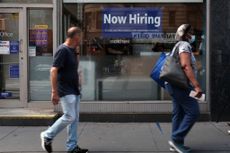
U.S. economy slows to 2 percent annual growth in 3rd quarter amid Delta surge
Speed Read
By Brendan Morrow Published
Speed Read -
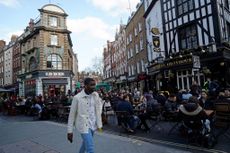
'Delta Plus' subvariant detected in the U.K. Experts say don't panic yet.
Speed Read
By Brigid Kennedy Published
Speed Read -
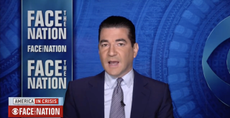
Former FDA commissioner suggests every household have a supply of at-home COVID-19 tests
Speed Read
By Tim O'Donnell Published
Speed Read -
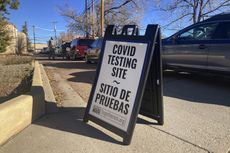
Scientists say 'premature' to predict if there will be another major COVID-19 wave, but room for optimism
Speed Read
By Tim O'Donnell Published
Speed Read -

Outside experts are reportedly advising the White House to scrap its universal COVID-19 booster plan
Speed Read
By Tim O'Donnell Published
Speed Read -
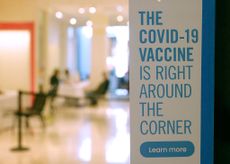
Why full FDA approval of the Pfizer vaccine wasn't the 'silver bullet' for vaccination rates
Speed Read
By Brigid Kennedy Published
Speed Read -
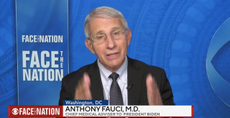
'Too soon' to tell if Americans can gather safely for holidays, Fauci says
Speed Read
By Tim O'Donnell Published
Speed Read -

Incentives key to United Airlines' 'extremely effective' vaccine mandate
Speed Read
By Tim O'Donnell Published
Speed Read -

Pfizer CEO: 99 percent chance Delta-specific vaccine won't be necessary
Speed Read
By Tim O'Donnell Published
Speed Read -
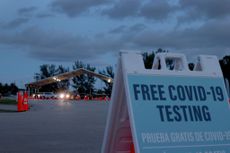
Public still 'hugely underestimating' how much more dangerous COVID-19 is for the elderly
Speed Read
By Tim O'Donnell Published
Speed Read -
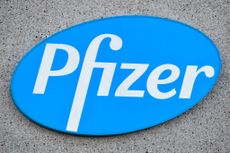
The not-so-terrible challenge for future trials of COVID-19 therapeutics
Speed Read
By Tim O'Donnell Published
Speed Read -

It's the virus, stupid
opinion Why the Democrats should pivot to COVID
By Noah Millman Published
opinion -
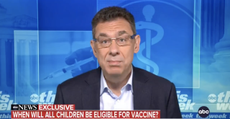
Pfizer CEO expects to submit children's COVID-19 vaccine data to FDA in days
Speed Read
By Tim O'Donnell Published
Speed Read
